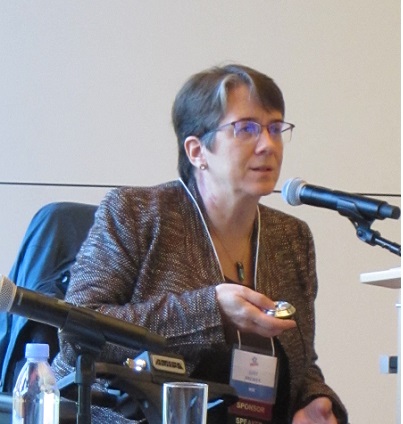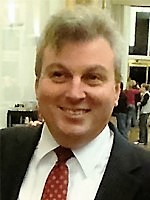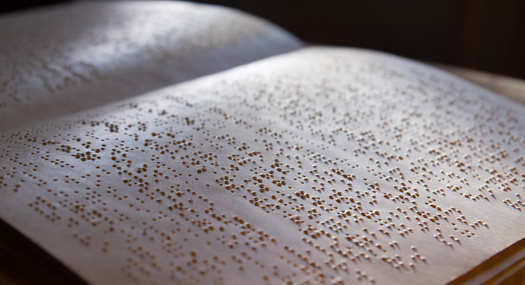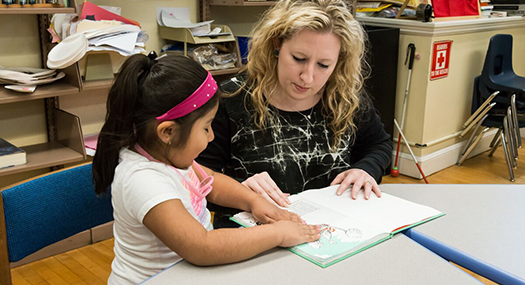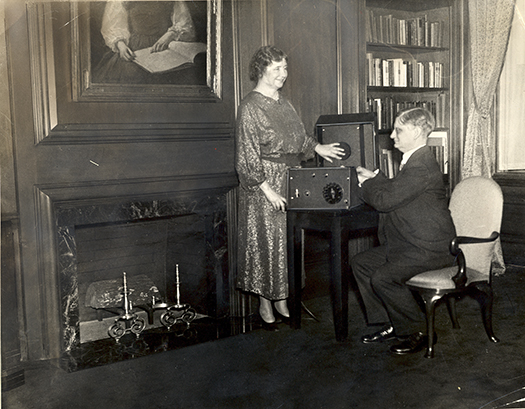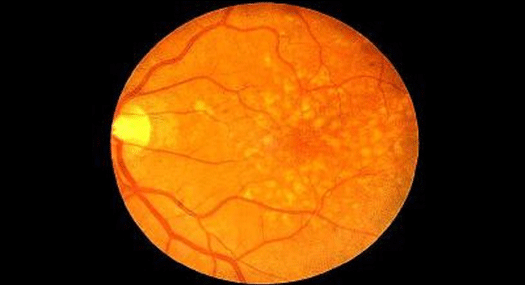The American Foundation for the Blind was pleased to learn that the Librarian of Congress had approved the US Copyright Office’s recommendation to exempt certain classes of works from copyright restrictions to improve access to those works by people who are blind or visually impaired.
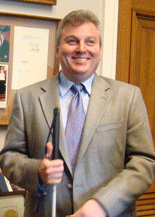
Every year on April 23, the world comes together to pay a world-wide tribute to books and authors. World Book and Copyright Day was created by the United Nations Educational, Scientific and Cultural Organisation (UNESCO) to encourage everyone, and in particular young people, to discover the pleasure of reading.
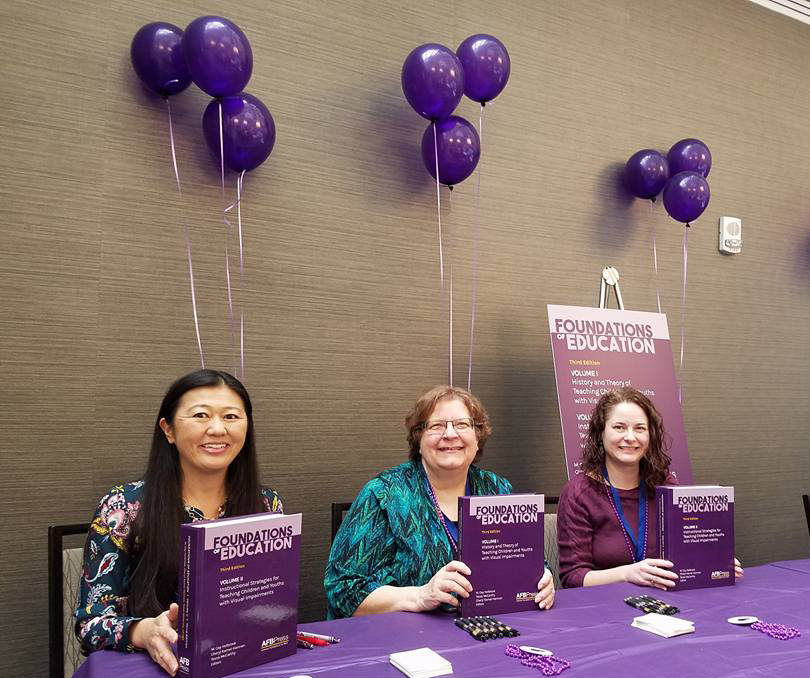
On March 3, 1887—130 years ago to the day—Annie Sullivan arrived in Tuscumbia, Alabama. The minute Annie met six-year-old Helen Keller, she began to sign into her hand, laying the foundation for Helen’s education.
New federal regulations on accessibility for digital and web publishing are expected to have a significant impact on the publishing industry.
“At the American Foundation for the Blind (AFB), we have worked for nearly a century to break down societal barriers and eliminate discrimination by achieving equal access to the world of copyrighted works. But for all the promise of technology to provide equal access to copyrighted works, the copyright laws that protect those works have sometimes served to impede that technology.”
"Braille is knowledge, and knowledge is power."
- Louis Braille
Louis Braille, the inventor of braille, was born two hundred and seven years ago on January 4, 1809. In his honor, we've gathered 16 braille resources in celebration of World Braille Day 2016!
Two hundred and seven years ago, on January 4th, 1809, Louis Braille was born in Coupvray, France. His invention of a system of raised dots representing letters, numbers and punctuation revolutionized the way blind people read and write and opened a wealth of knowledge to visually impaired audiences. In 1952, one hundred years after his death, Braille's body — with the exception of his hands — was removed from his home town to the Pantheon in Paris. Helen Keller was asked to give the speech on that occasion.
We asked, you answered. Here are a collection of teacher comments made on the AFB Press Facebook page in response to the question, "What is your best advice or success about teaching reading skills to children who are blind or visually impaired?"
Image: Helen Keller with Robert Irwin, feeling the vibrations from the speaker of a Talking Book playback machine in the library of the American Foundation for the Blind, no date.
Age-related macular degeneration (AMD) is the leading cause of vision loss for people aged 60 and older in the United States. According to the American Academy of Ophthalmology (AAO), 10-15 million individuals have AMD and about 10% of those affected have the "wet" type of age-related macular degeneration.
